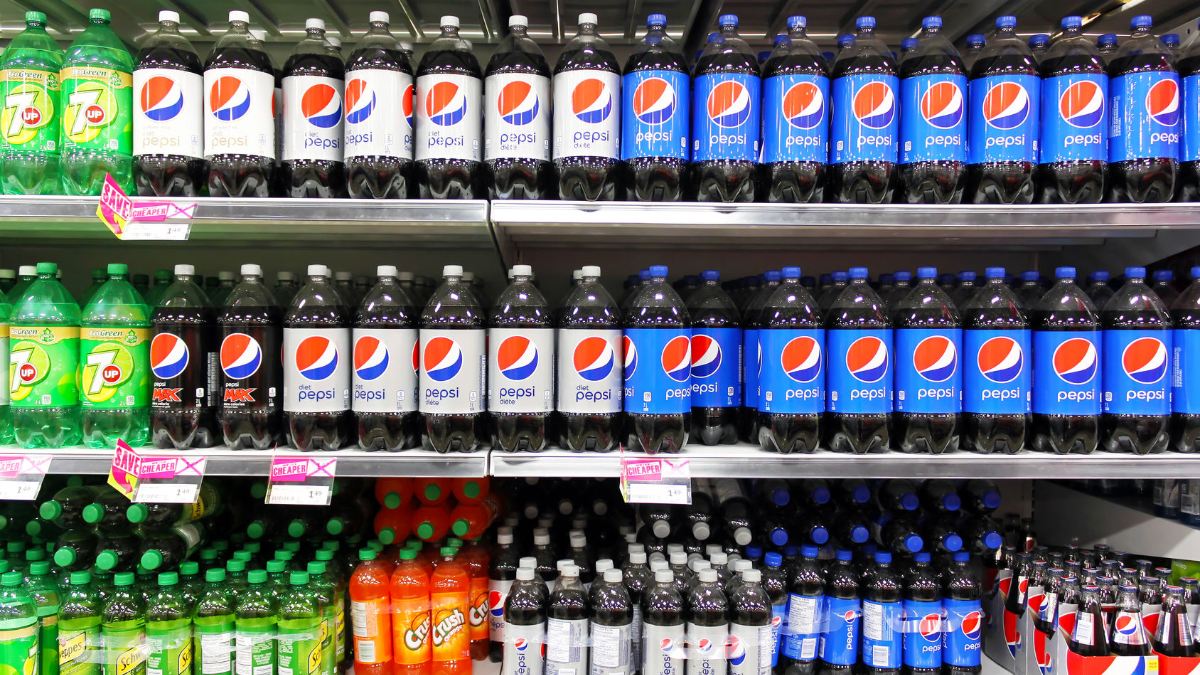Laws can’t change preferences—sometimes they can barely change behaviors. But repeated failures haven’t stopped moralizing politicians from pushing policies that supposedly “nudge” individuals toward healthier choices. Politicians say they intend to help people in need with policies like soda taxes and limits on what low-income people can buy with food stamps. But the policies often hurt the very objects of concern.
Take the soda tax. Advocates claim it will make people healthier and justify it by earmarking the revenues for public-health initiatives. Unfortunately, those claims are dubious at best. The money flowing into government coffers often are redirected to something other than what was originally promised—a successful bait-and-switch strategy that politicians use all the time.
But it gets worse: Soda taxes, according to research in the American Journal of Agricultural Economics, harm low-income households most because of its regressive nature. The study examined how consumers reacted to a half-cent per ounce tax. The authors note that, as Economics 101 suggests, a higher price prompts people to buy less of the now more expensive good. This is where advocates for soda taxes stop their analysis, beat their chests and proclaim victory. But their reaction is shortsighted and naïve because the economic effects of the tax don’t stop there—soda tax advocates should enroll in Econ 200 before offering any more policy recommendations.
The study notes that the tax, by making soda relatively more expensive, prompted consumers to buy other foods to satisfy their sweet tooths. In this case, consumers bought more saturated fats, the bad kind of fat, and sodium-heavy items in response—likely canceling out any soda tax related health benefits. In fact, the researchers predicted that the tax would help low-income people lose just 0.7 kilograms—one kilogram is a little more than two pounds—over 10 years.
Policies like soda taxes also imply that people who drink soda are doing something morally wrong, stigmatizing those who make choices the elites find objectionable. The stigma implies that policymakers are superior to others—that they know best what consumers should want. This is where food stamps, the Supplemental Nutrition Assistance Program, come in.
Politicians on both sides of the aisle routinely advocate prohibiting Supplemental Nutrition Assistance Program recipients from using food stamps for soda or goods the politicians consider luxury items. The hypocrisy of these politicians was laid bare in a recent analysis of what people buy with SNAP subsidies. The report, prepared for the Department of Agriculture, concluded that no matter how the data are categorized, “there were no major differences in the expenditure patterns of SNAP and non-SNAP households.”
Soft drinks were the most purchased commodity in SNAP households and the second most purchased commodity in non-SNAP households. Obesity-related Type II diabetes is a problem amongst low-income consumers, but they buy about the same amount of soda as everyone else. Soft drink taxes are a misleading and ill-conceived public health measure to fight diabetes because they don’t target those who need help effectively.
Limiting what can be purchased with SNAP also expands the USDA bureaucracy, and adding bureaucrats means fewer dollars get to those in need. This problem is endemic to government programs. In contrast, private charities disclose their operating costs, and private groups like The Life You Can Save hold them accountable.
Perhaps even more problematic, however, is that food-industry corporations help shape the rules the bureaucrats enforce—and make sure the rules pad their bottom lines. At first glance many rules seem nonsensical, until one recognizes the pressures that corporations bring to bear. In California’s WIC program, Gerber baby cereal is okay, but other cereals, like Beechnut, are not. Gerber’s lobbyists won a government monopoly and stuck consumers with no choice, even though, as some have noted, parents have trouble pleasing their children with the limited offerings. Other companies have used their political influence to win similar exclusive rights.
Hidden in paternalistic policies like soda taxes and SNAP restrictions is a denial of the intrinsic autonomy all humans possess. Inducing poor people to buy untaxed diet sodas, which possibly are just as harmful as sugary ones, simply is bad public policy. Interfering with the decisions individuals make every day is something that no one should do.












